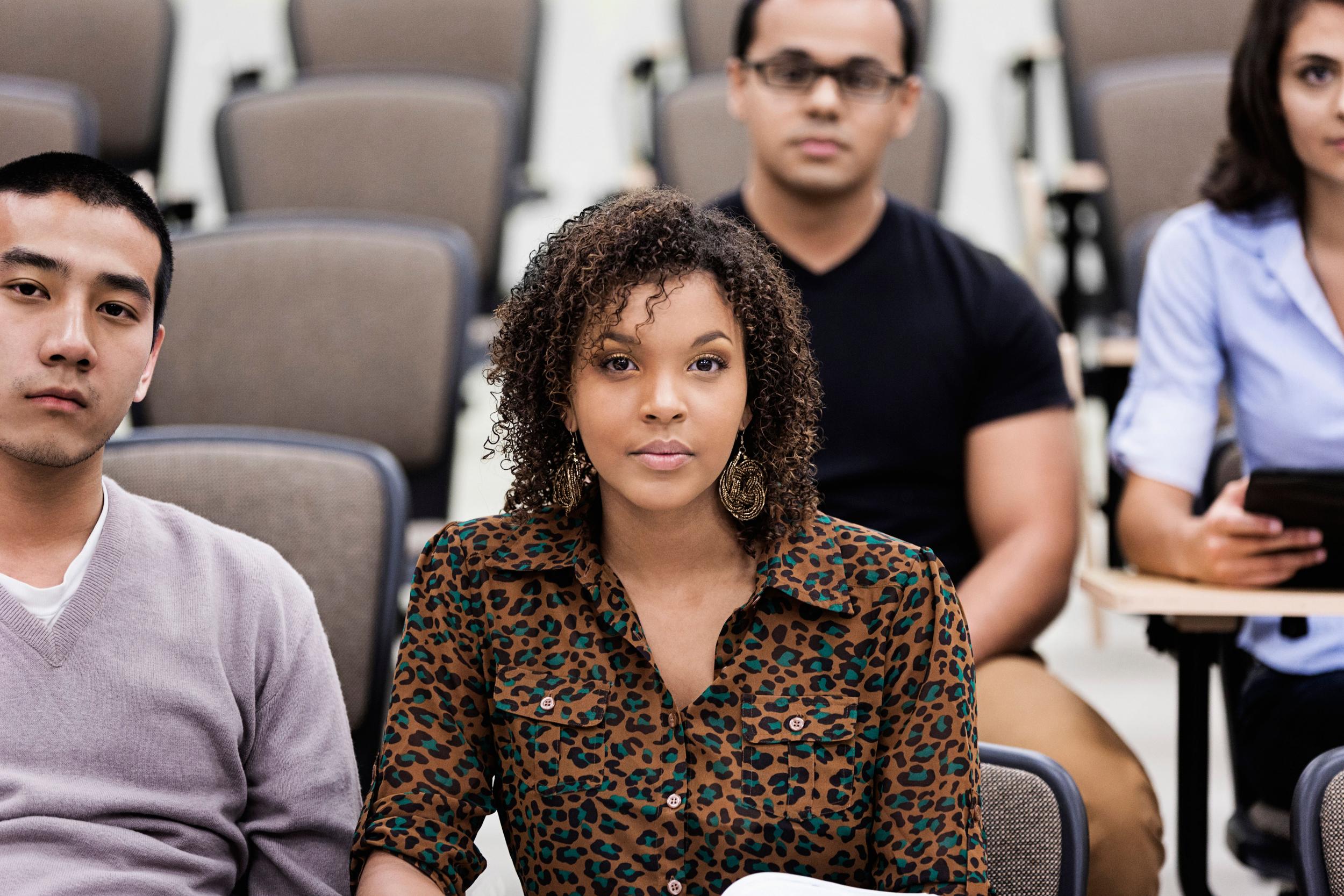How universities can play a key role in championing diversity
From closer business links to proactive recruitment of students from diverse backgrounds, Russ Thorne looks at the ways inclusivity is being encouraged at UK universities

Much of the world’s attention is currently focused on apparent threats to diversity, in both society at large and at work. Against this backdrop, what can universities do to move us towards more inclusive workplaces, and by extension, a more inclusive society?
Lynn Senior is dean of the College of Education and equality and diversity champion at the University of Derby. She’s clear there’s a problem. “I believe there is an issue with diversity in the workplace, and it can be seen in certain areas such as men in primary [education], black leaders, and women in management,” she says.
The university is tackling this with a combined effort between the Students’ Union and the university equality and diversity committee, aiming to encourage students into under-represented areas through awareness campaigns, research and project work. And it’s having some success, according to Senior. One project focused on getting more men into primary education, for example, “and our vote of thanks at graduation is from one of those men.”
Elsewhere, institutions with close links to specific industries are addressing questions of diversity within them. At Bournemouth University, known for its links with media and TV in particular, there’s real concern about “a lack of diverse voices among media creatives and the impact it has on wider UK culture,” says Dr Christa van Raalte, associate dean for media production.
She is candid about the current state of play, and says: “We recruit relatively few students from Black, Asian, and minority ethnic (BAME) backgrounds, which we feel has a disproportionately detrimental effect on the industry. If we are not part of the solution, so to speak, we are part of the problem.”
To start becoming part of the solution, the university recently held a diversity symposium, looking at how to recruit students from diverse backgrounds and help them progress into the industry. It’s a small step at the beginning of a long journey, says van Raalte. “We are under no illusion that it will be easy to make a difference. However, we’re determined not to be paralysed by the scale or the difficulty of the task,” she adds.
Other institutions share this determination. At the University of the West of England, 79 per cent of students from low participating neighbourhoods and 77 per cent from BAME backgrounds are in graduate roles six months after leaving. “This has been achieved by providing paid internships for students who otherwise wouldn’t be able to access professions that rely on unpaid placements, such as law and creative industries,” says Keith Hicks, director of corporate relations.
As HE institutions don’t exist in bubbles – whatever it may feel like sometimes – reaching beyond the confines of the campus can make a difference too. Bristol’s universities have worked together alongside the city’s mayor, says Hicks, to promote “greater understanding, openness and tolerance regarding different communities.”
These are just a few examples, but it’s clear that in the face of gloomy current events, many of our universities - as centres of thought, learning and debate – are taking steps to stand up for diversity, in careers and beyond. And it’s vital they do, says Hicks.
“Universities should play a very key role in championing inclusivity and diversity,” he adds.
Bookmark popover
Removed from bookmarks